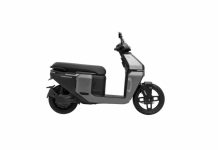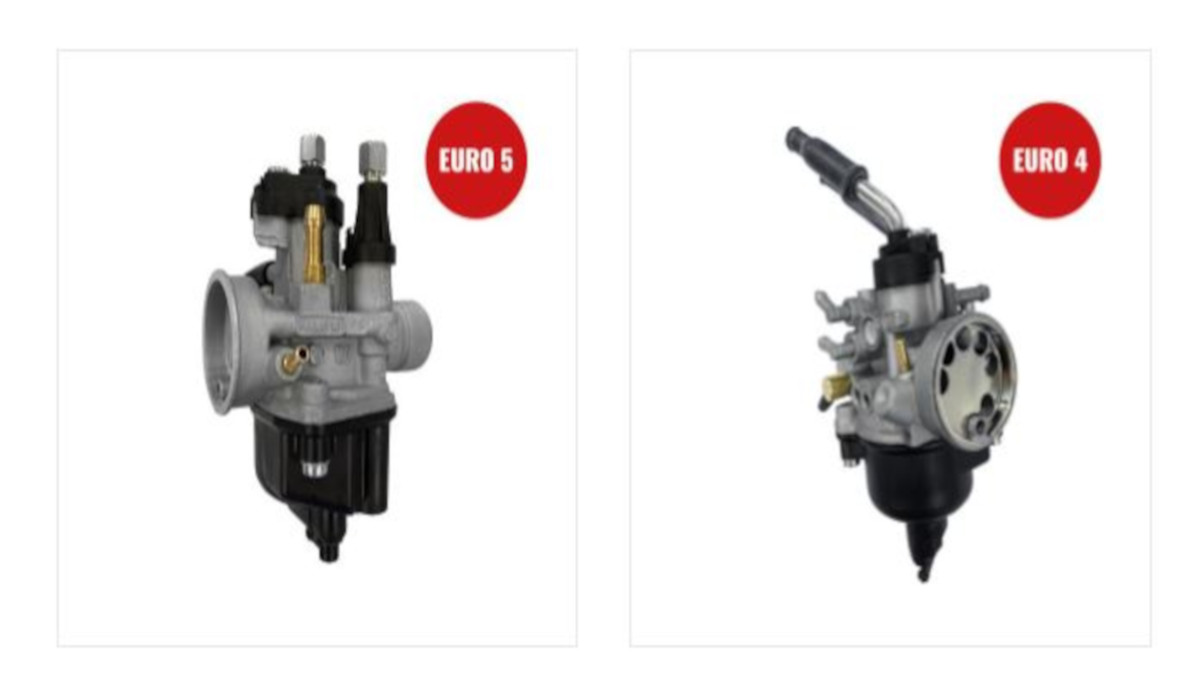Two-stroke engines operate on the simple premise that two explosions inside the cylinder head can generate more power than a single explosion. The downside is that burning oil adds smoke to the equation.
And when an engine operates on ultra-lean mixtures.Unburned fuel (fuel not consumed during combustion) is often present in the exhaust stream.
That’s why two-stroke engines came initially equipped with a butterfly valve called a reed valve.
- Ducati ends 2020 on a good note
- The radical Aether motorcycle concept
- Langen Motorcycles two stroke now are road legal
- Langen makes considerable progress
Euro 5 emission norms
It opens only enough to admit fuel and closes when it senses pressure changes namely.Backfiring—instead of containing an intake port that opens and closes continuously.
Euro 3 and earlier emissions requirements didn’t make this arrangement economical.So they were phased out in favour of an exhaust.
With the introduction of Euro 4 and Euro 5 compliance measures.Two-stroke scooter manufacturers have faced new challenges in meeting surging global environmental demands.
Although most significant makers have started to comply with these stringent regulatory standards with electronic fuel injection systems.Italian carb specialists Dell’Orto have announced a mechanical alternative for smaller OEMs.
Dell’Orto two-stroke carburettor
The Dell’Orto two-stroke carburettor has turned out to be the winning design when it comes to meeting new Europe 4 and Euro 5 emissions standards.
Discussions with some of the world’s major scooter manufacturers have shown that this generation of two-stroke engines.
With Dell’Orto carbs may have an additional 15 years or more of development before replacing them with electronic fuel injection technology.
A conventional carburettor constantly mixes fresh gasoline with air to combust.But Dell’ Orto’s Electronic Carburation System (ECS) technology separates the two.
Instead of sucking gasoline into the carb.ECS uses a carefully timed solenoid valve to atomize it into a fine vapour.
Despite some critics’ scepticism, carbureted two-strokes continue to improve. The newest iterations boast notable efficiency gains over their predecessors.
They’re also safer and cleaner than ever. But while two-strokes might not be as bad for the environment as you once thought. They can’t be good if all they do is fill your garage with waste oil every time you change your spark plugs.
via Dell Orto
































